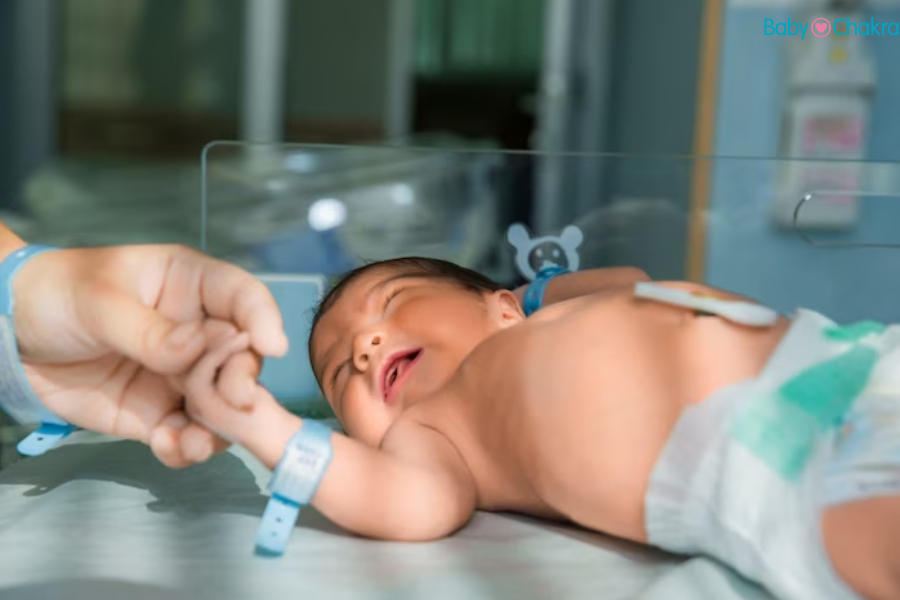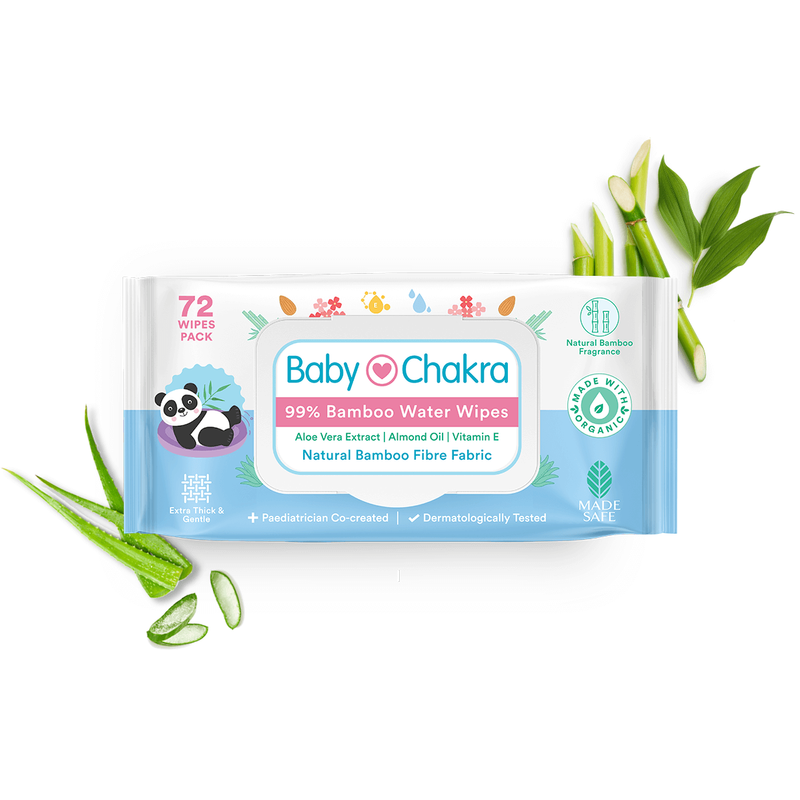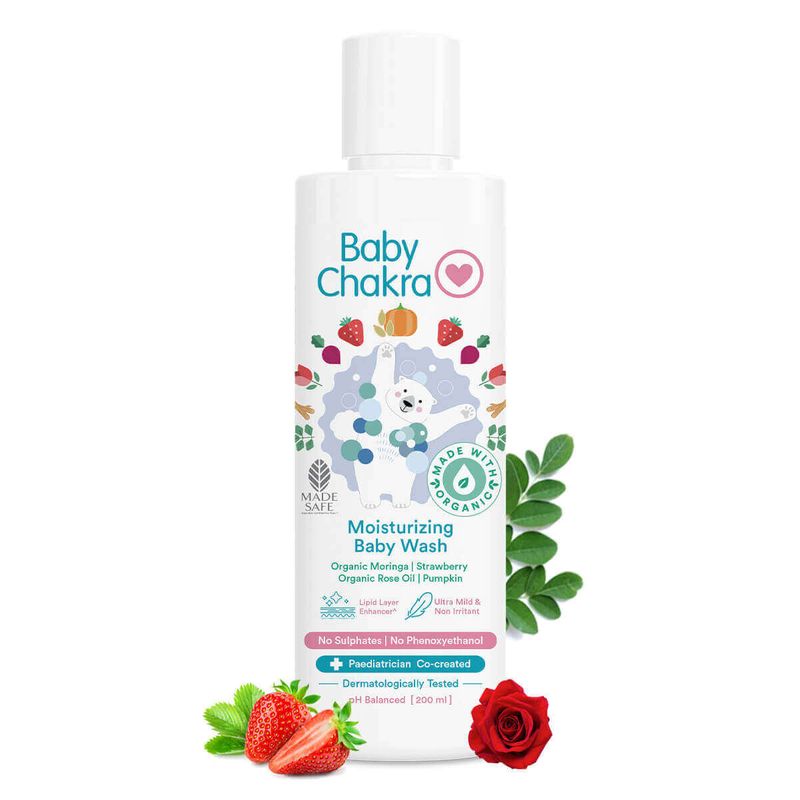
Umbilical Complications During Pregnancy And Birth: Causes, Symptoms, And Treatment
1 Jun 2023 | 4 min Read
Manisha Pradhan
Author | 1053 Articles
Umbilical complications during pregnancy and birth can lead to health issues for both the mother and the baby. It is not just limited to after birth but can also occur when the baby is in the mother’s womb.
Listed below are common umbilical complications, their causes, symptoms, and available treatment options.
Umbilical Complications During Pregnancy And Birth

Umbilical Cord Prolapse
Umbilical cord prolapse is a serious complication that occurs when the umbilical cord slips through the cervix before the baby during labour. This can lead to compression or occlusion of the cord, restricting the baby’s oxygen and blood supply.
Umbilical Cord Prolapse Causes
Common causes include:
- Premature rupture of membranes
- Malpositioned baby
- Excessive amniotic fluid
Umbilical Cord Prolapse Symptoms
Symptoms may include:
- Sudden fetal distress
- Changes in the baby’s heart rate
- A visible umbilical cord at the vaginal opening
Umbilical Cord Prolapse Treatment
Immediate medical attention is crucial, and treatment may involve:
- Repositioning the mother
- Emergency cesarean section
- Elevating the presenting part of the baby to relieve cord compression
Umbilical Cord Infections
Umbilical cord infections, also known as omphalitis affect about 0.7% of babies.
Umbilical Cord Infection Causes
It occurs when:
- Bacteria enter the baby’s umbilical stump, leading to inflammation and potential systemic infection
- Insufficient hygiene practices
- Unsterile cord care
- Unsanitary conditions
Umbilical Cord Infections Symptoms
Symptoms for umbilical cord infections may include:
- Redness
- Swelling
- Discharge
- Foul odour
- Fever.
Umbilical Cord Infections Treatment
- Treatment typically involves:
- Antibiotics administered intravenously or orally
- In severe cases, hospitalisation may be required for further evaluation and care.
Umbilical Granulomas
Umbilical granulomas are small, reddish, moist masses that develop on the umbilical stump after the cord falls off.
Umbilical Granulomas Causes
They result from an incomplete healing process.
Umbilical Granulomas Symptoms
Symptoms include:
- Mild bleeding
- Discharge
Umbilical Granulomas Treatment
Although they are generally harmless, persistent granulomas may require treatment. Different approaches may be used to remove the granuloma and promote healing, such as:
- Applying silver nitrate
- Cauterisation
Umbilical Hernias
Umbilical hernias are characterised by a protrusion of abdominal contents through the belly button. They commonly occur in infants and may resolve spontaneously within the first few years of life. Risk factors include premature birth, low birth weight, and family history.
Umbilical Hernias Causes
Umbilical hernias in infants develop when a small opening forms in the abdominal muscles when the fetus develops in the womb. This opening allows the umbilical cord to pass through. If the opening does not close completely around the time of birth, or after the birth, the fatty tissue or part of the bowel can poke through, causing an umbilical hernia.
Umbilical Hernias Symptoms
An umbilical hernia looks like a lump in the navel which becomes more visible when the infant is:
- Crying
- Laughing
- Coughing
- Pooping
However, the lump may go away or shrink when the infant is lying relaxed or lying down.
Umbilical Hernias Treatment
- Most umbilical hernias are painless and reducible, meaning they can be pushed back into the abdominal cavity.
- In cases where the hernia persists beyond the age of four or becomes incarcerated, surgical intervention may be necessary to repair the hernia.
Umbilical complications can sometimes pose significant risks to both newborns and their mothers. Recognising the signs and seeking prompt medical attention is essential for early diagnosis and effective treatment.
Must-Have Newborn Skincare Products
Also Read:
Umbilical Hernia In Babies: Does It Need Treatment?
Umbilical Cord Avulsion: What Is It And What Are The Symptoms?
Cover image source: freepik
A


Related Topics for you
Suggestions offered by doctors on BabyChakra are of advisory nature i.e., for educational and informational purposes only. Content posted on, created for, or compiled by BabyChakra is not intended or designed to replace your doctor's independent judgment about any symptom, condition, or the appropriateness or risks of a procedure or treatment for a given person.



